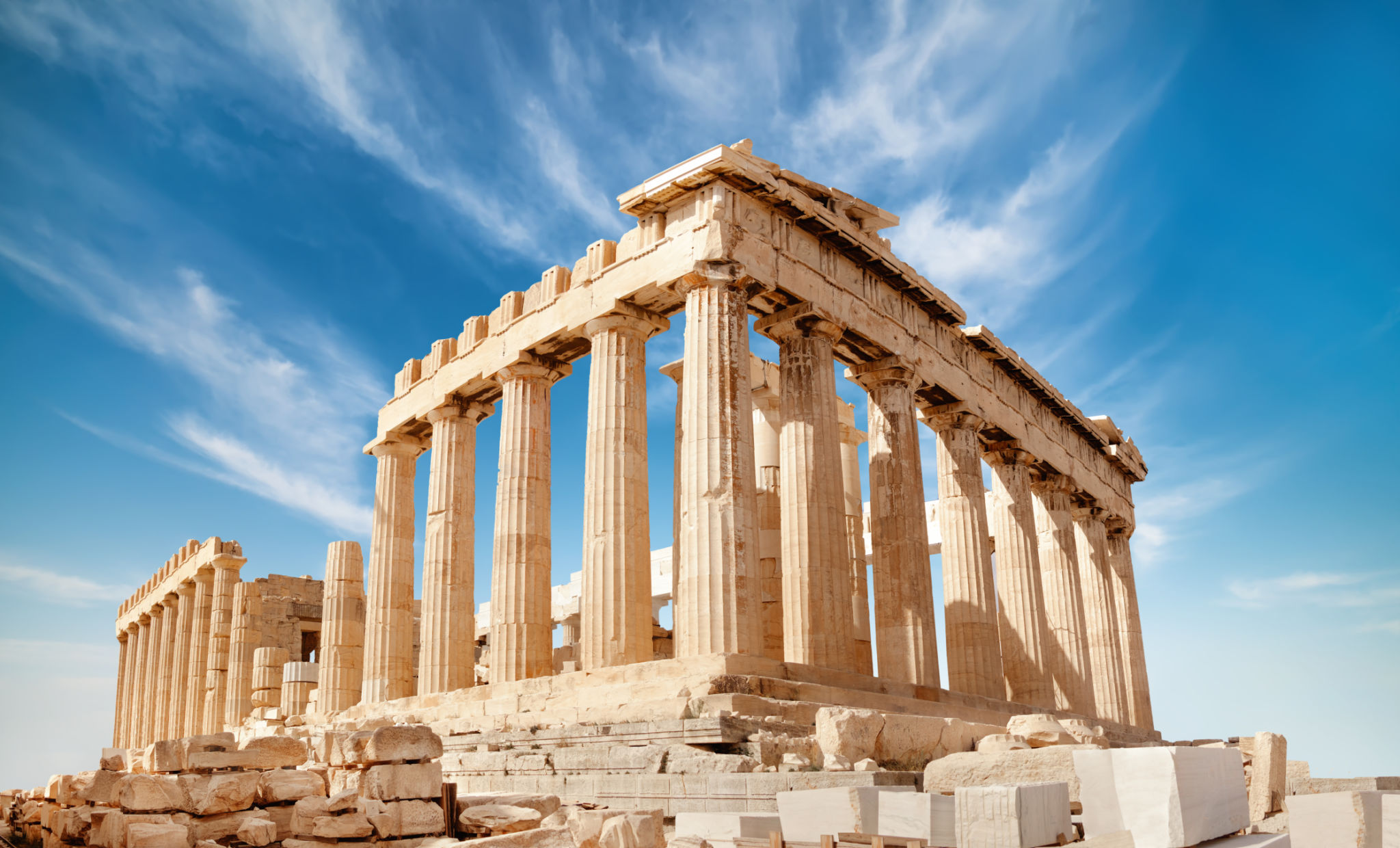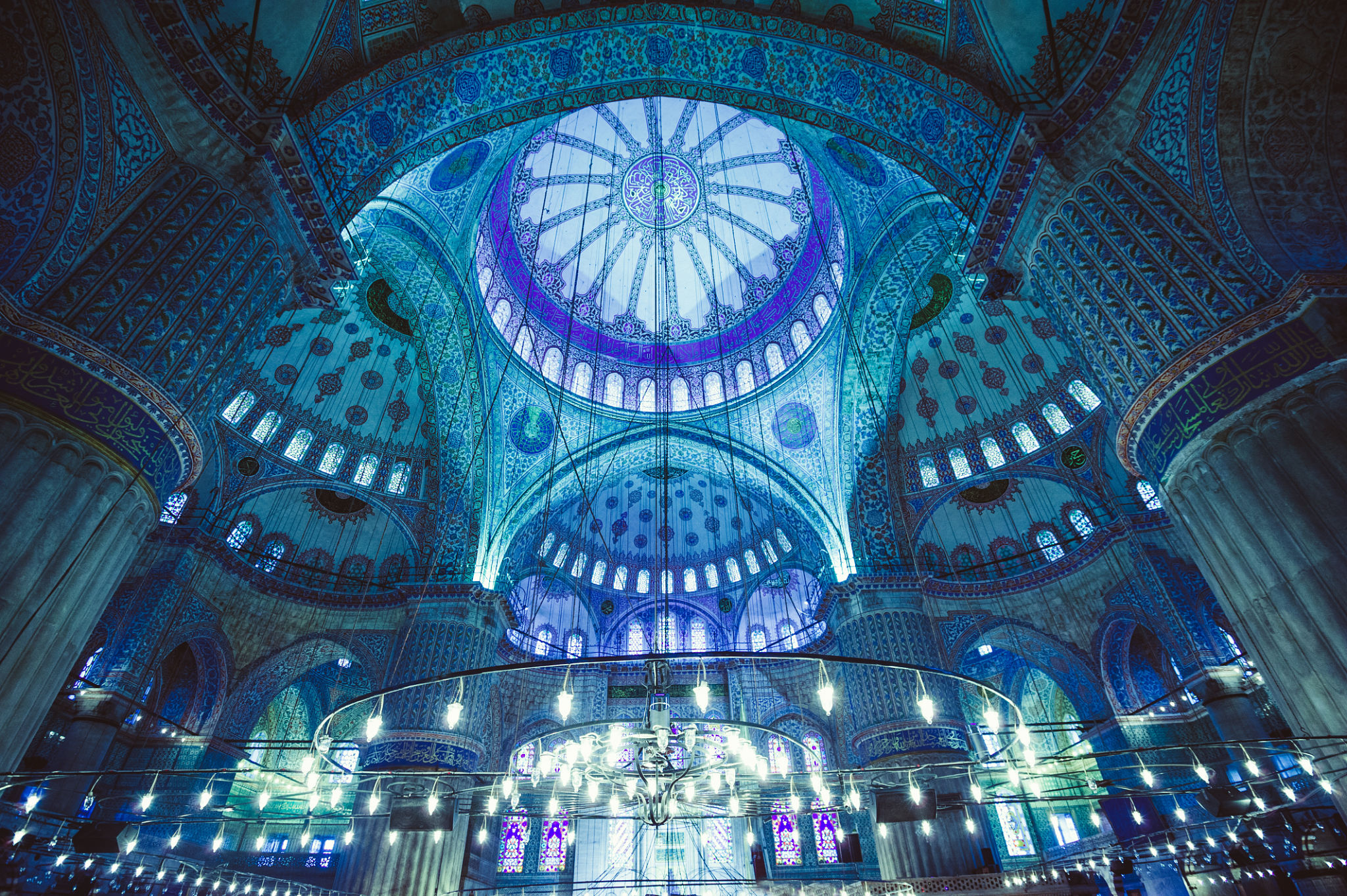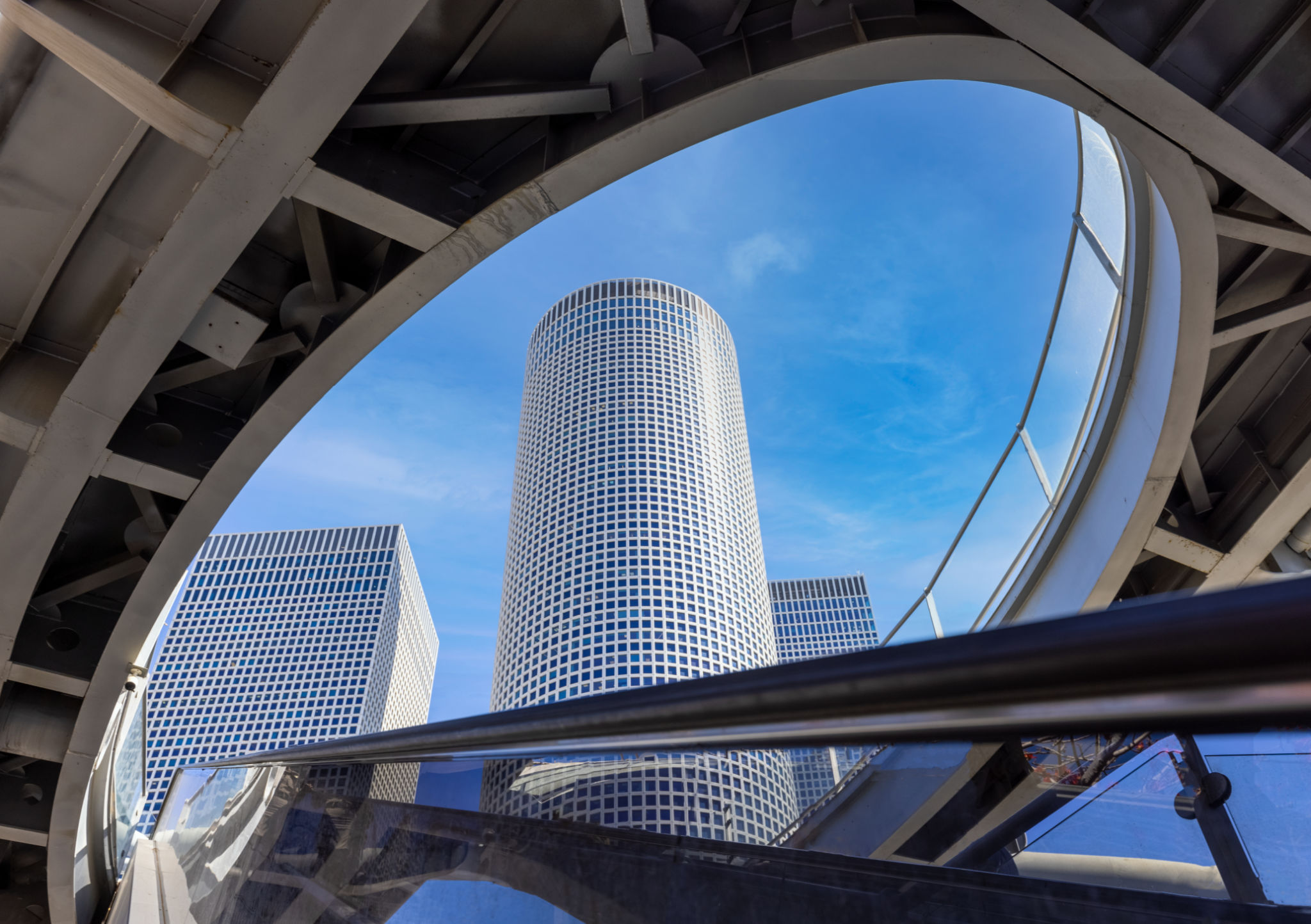Exploring the Rich History of the Middle East: A Traveler's Guide
The Cradle of Civilization
The Middle East is often referred to as the "Cradle of Civilization," a fitting title given its rich history spanning thousands of years. From ancient Mesopotamia to the rise of the Ottoman Empire, this region has been at the forefront of human development. Travelling here offers a unique opportunity to walk through the pages of history, experiencing firsthand the sites that have shaped the modern world.

Mesopotamia: Where It All Began
Located between the Tigris and Euphrates rivers, Mesopotamia is often considered the birthplace of civilization. Travelers can explore the ruins of Babylon, where the famed Hanging Gardens once stood. The city of Ur, a major Sumerian city-state, also offers fascinating archaeological sites. These locations provide a glimpse into early urban life and innovations such as writing and law.
The Splendor of Ancient Egypt
Egypt, with its iconic pyramids and the Sphinx, continues to captivate travelers. The Nile River, which was central to Egyptian life, remains a vital part of the landscape. Visitors can explore the Valley of the Kings, where pharaohs were entombed, or marvel at the intricate hieroglyphics that tell stories of ancient gods and legendary rulers.

Persian Empire: A Legacy of Grandeur
Iran, formerly known as Persia, holds the remnants of one of history's greatest empires. The ancient city of Persepolis stands as a testament to Persian architectural prowess and cultural richness. Travelers can wander through its palaces and ceremonial complexes, soaking in the grandeur that once rivaled Rome.
The Byzantine and Ottoman Influence
The Byzantine and Ottoman empires have left an indelible mark on the Middle East. Istanbul, formerly Constantinople, serves as a bridge between Europe and Asia and is home to architectural wonders like the Hagia Sophia and Topkapi Palace. These sites tell tales of religious transformation and imperial power.

The Holy Lands: A Spiritual Journey
The Middle East is not just a historical epicenter but also a spiritual haven. Jerusalem, Mecca, and Medina are pivotal to Christianity, Islam, and Judaism. Pilgrims and tourists alike flock to these sacred sites, drawn by their deep religious significance and historical narratives.
The Cultural Mosaic
Beyond its ancient ruins and religious sites, the Middle East is a vibrant cultural mosaic. The bustling souks (markets) offer everything from spices to textiles, embodying the region’s rich trading history. In cities like Marrakech and Dubai, traditional meets modern, creating a dynamic cultural landscape.

Planning Your Journey
For those planning a trip to explore this historical treasure trove, consider creating an itinerary that encompasses both well-known landmarks and lesser-explored gems. Hiring knowledgeable local guides can enhance your experience, providing contextual insights that bring history to life.
As you journey through the Middle East, remember to respect local customs and traditions. This region's history is not just preserved in its monuments but also in its people and their stories. Embrace the opportunity to connect with locals, who are often eager to share their heritage with visitors.